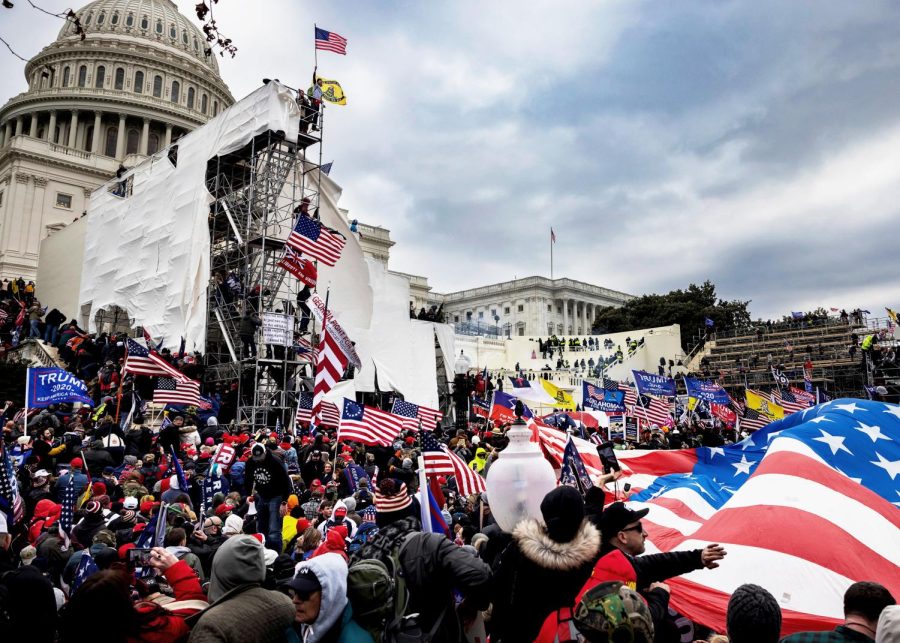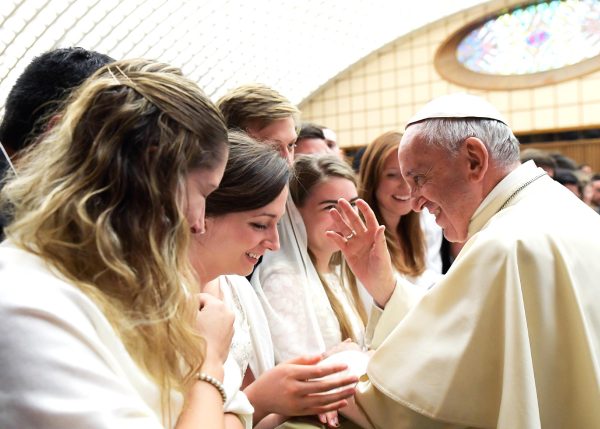American Democracy is Failing
According to the National Public Radio, over 60 percent of Americans believe that the United States democracy is “in crisis and at risk of failing.” This is not unfounded, as the democracy of this country is falling apart from its very core: the simple right to vote. From the birth of our nation to the present day, marginalized groups have been silenced time and time again. January 6, 2021 was the most blatant modern-day attack on democracy.
Just over a year after the original incident, it is clear that the violence at the Capitol will never be forgotten. The Washington Post finds that the Capitol riot injured 140 officers, and the FBI reported that an estimated 2,000 rioters attacked the nation’s capital in objection to the “stolen” election. The attack was largely contained by the end of the day, but its implications will last for a lifetime. Rabecca Verreault (III) recounts that the government failed to respond to the insurrection: “The president at the time did not try to stop the riot and didn’t condemn the people responsible for the attack on our government.” The government’s unwillingness to denounce the attack or encourage nonviolent ways of protesting the alleged fraud directly caused the consequences that were seen on that day.
Social media also played a crucial role in spreading misinformation about the election, and it provided these attackers a platform to organize events. According to The New York Times, movements such as “Stop the Steal” were some of the most popular on the platform, specifically Facebook; it even managed to gain ten members each second. As Zach Chen (III) puts it, “Media companies are for-profit, [so] incentives are misaligned to prioritize wealth over the truth.” Banning people, even dangerous users, on social media platforms would minimize their user base, which in turn reduces their revenue. Verreault further adds, “[The] media can train people how to think […], which can cause less individual knowledge on current issues and more mainstream ideas that cause tears in our democracy.”
Although January 6 was a case of citizens attacking the U.S. government and democracy, the government also played a key role in depriving the people of democracy. Throughout history, voter suppression laws have been prevalent, turning away Black voters from polls through poll taxes, literacy tests and fraudulent accusations. Even after the Voting Rights Act of 1965 was enacted to overcome these discriminations, policies were
immediately replaced by mass incarceration and felony disenfranchisement.
Although there will never be a perfect system, there are steps we can take to make democracy more equitable. Boston Latin School history teacher Mr. Andy Zou proposes setting “term limits” to the Supreme Court and Congress, thus preventing politicians from overriding democratic processes to stay in office. Because the two-party system is unfair to other parties, Mr. Zou also suggests to “set limits on campaign funding” and give third parties “equal funding to the Democrats and Republicans.”
As we reflect on the events of this past year, it is important to recognize that democracy is fragile and must not be taken for granted. We must continuously work to protect democracy through our words and actions.







